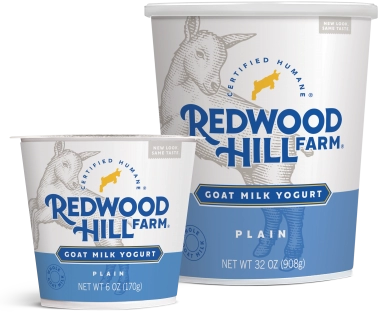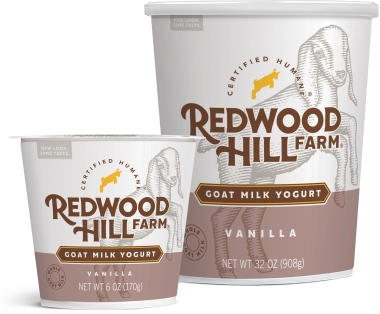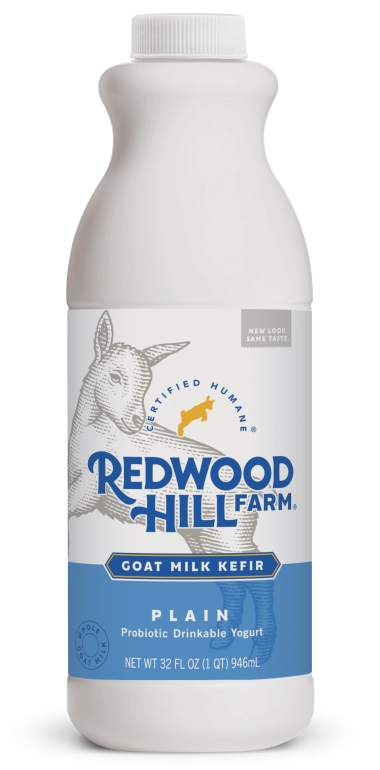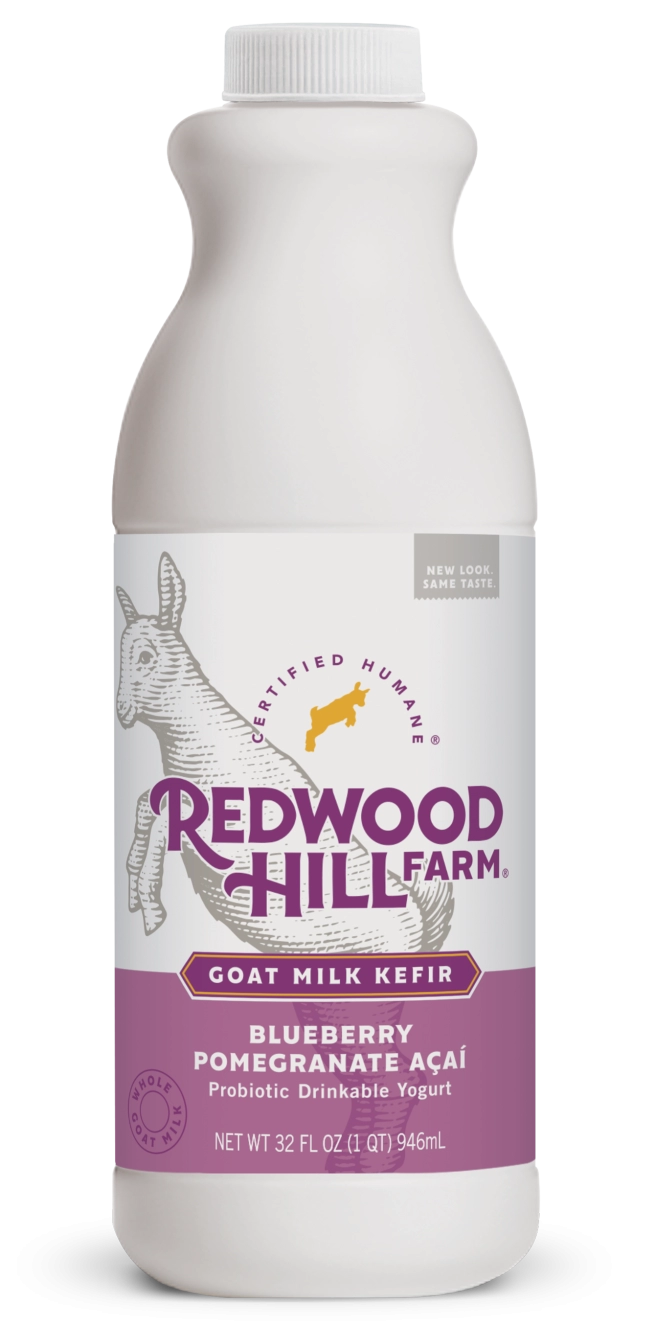BY TAMARA DUKER FREUMAN, MS, RD, CDN
If you love breakfast as much as I do, no doubt you’ve dabbled with a variety of morning meal combos. Perhaps, then, you’ve noticed that breakfasts consisting entirely of carb-rich foods like cereals, pastries or toast don’t typically hold you as long as breakfasts that include some protein-rich foods in the mix. I certainly have.
Cow Milk vs. Goat Milk

That’s why this recent study out of Spain caught my eye. Researchers at the University of Málaga were interested to see how breakfasts that included protein-rich foods from goat milk dairy compared to breakfasts featuring protein-rich foods from cow milk dairy, in terms of satisfying hunger. After all, there’s been loads of research establishing that high protein foods derived from cow’s milk—like yogurts and cheeses—contribute well to “satiety” levels (or, feeling more satisfied after a meal). Would the same be true for similar foods made from goat’s milk?
This study suggests that when it comes to helping you feel full, goat’s milk has a slight edge over cow’s milk, though more research is still needed.
Research on Hunger
Here’s how they went about figuring it out: researchers recruited close to three dozen healthy volunteers, who arrived one morning after an overnight fast. The participants reported their hunger levels, had a blood sample taken, and were then served a standardized breakfast. Half of the volunteers got milk and cheese derived from cows, and the other half from goats. The breakfasts had roughly the same number of calories, and the same amounts of carbohydrates, fat, and (no) fiber. Periodically throughout the morning, the volunteers would report on their hunger levels and have blood drawn. The same volunteers then returned again a week later to consume the opposite breakfast as they had originally, and went through the same protocol.
After the researchers analyzed all of the self-reported hunger scores and blood test results, they made an interesting observation: when participants ate the goat dairy-based breakfast, they arrived at lunchtime feeling more satiated than they had been before starting breakfast. This was not the case for those who ate the cow dairy breakfast; they had the same desire to eat before lunchtime as they did after that initial overnight fast.
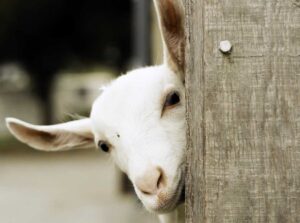
Goat Milk for the Win
This finding was particularly surprising, since the goat dairy-based breakfast actually had about 10 fewer calories and 3g less of protein than the cow milk-based breakfast… it was more satiating even with less total protein! Researchers were also surprised at the difference in appetite levels at lunchtime, because there were no significant differences in the levels of appetite-related hormones or blood sugar between the two groups.
Additionally, women in particular reported feeling more satiated immediately after eating the goat dairy-based breakfast, though men did not report any difference between the two breakfasts.
Could it be that goat milk dairy foods—including yogurt and cheese—might edge out those made from cow’s milk when it comes to satisfying hunger, giving us more appetite-quashing bang for our calorie buck? This one small study certainly suggests the possibility, and goats are always up for a little friendly competition!
Tamara Duker Freuman, MS, RD, CDN, is a registered dietitian and nationally-known expert in managing digestive disorders through diet. She is the author of the forthcoming book, “The Bloated Belly Whisperer” (February, 2019), and maintains a clinical practice in New York City.
